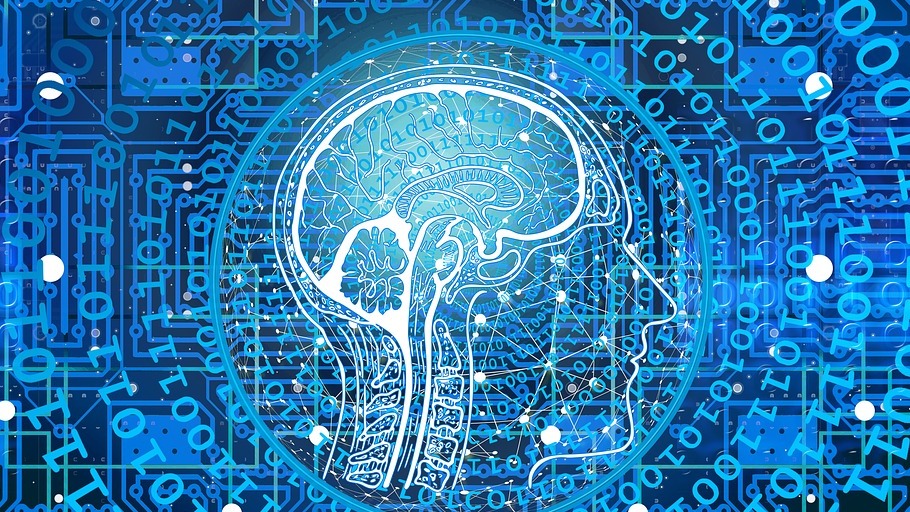Education publisher Pearson has announced plans for a range of AI enhancements across its products.
Sharing that it has several AI-related projects “well underway”, Pearson said it has adopted a strategy that will see it embed AI-related technologies across key products in its portfolio in a manner that will “enhance the teaching and learning experience”.
Generative AI capabilities are currently being embedded in products including Pearson’s Workforce Skills, which will deploy large language models to develop proprietary predictive algorithms that determine trends for in-demand skills and occupations globally.
Pearson also shared that for its Mastering, MyLab, and Fall Back-to-School products, student features are under development that use the publisher’s proprietary content to answer questions and guide users through subject areas they are having the most difficulty with.
Pearson chief executive Andy Bird said that generative AI will create significant positive opportunities for the company as it continues to develop.
“Learners and educators place enormous trust in us, so we have a responsibility to be thoughtful and considered in how we use this technology, whilst continuing to move at pace to enhance our products,” he said.
As first reported by the Evening Standard, Pearson has recently issued a cease-and-desist letter to an unnamed party for using its intellectual property to train large language models.
“We take great efforts, and will continue to do, to protect our IP,” Bird told the newspaper.
Latest News
-
OpenAI seals Pentagon AI deal with safety guardrails hours after Anthropic ban
-
Anthropic refuses Pentagon demand to strip AI safeguards from Claude
-
Skyscanner rolls out app on ChatGPT
-
AI disruption risk varies between platform and service-based firms, says new report
-
UK government to bolster public sector with cyber talent investment
-
Citi creates AI infrastructure banking team
The future-ready CFO: Driving strategic growth and innovation
This National Technology News webinar sponsored by Sage will explore how CFOs can leverage their unique blend of financial acumen, technological savvy, and strategic mindset to foster cross-functional collaboration and shape overall company direction. Attendees will gain insights into breaking down operational silos, aligning goals across departments like IT, operations, HR, and marketing, and utilising technology to enable real-time data sharing and visibility.
The corporate roadmap to payment excellence: Keeping pace with emerging trends to maximise growth opportunities
In today's rapidly evolving finance and accounting landscape, one of the biggest challenges organisations face is attracting and retaining top talent. As automation and AI revolutionise the profession, finance teams require new skillsets centred on analysis, collaboration, and strategic thinking to drive sustainable competitive advantage.
© 2019 Perspective Publishing Privacy & Cookies










Recent Stories